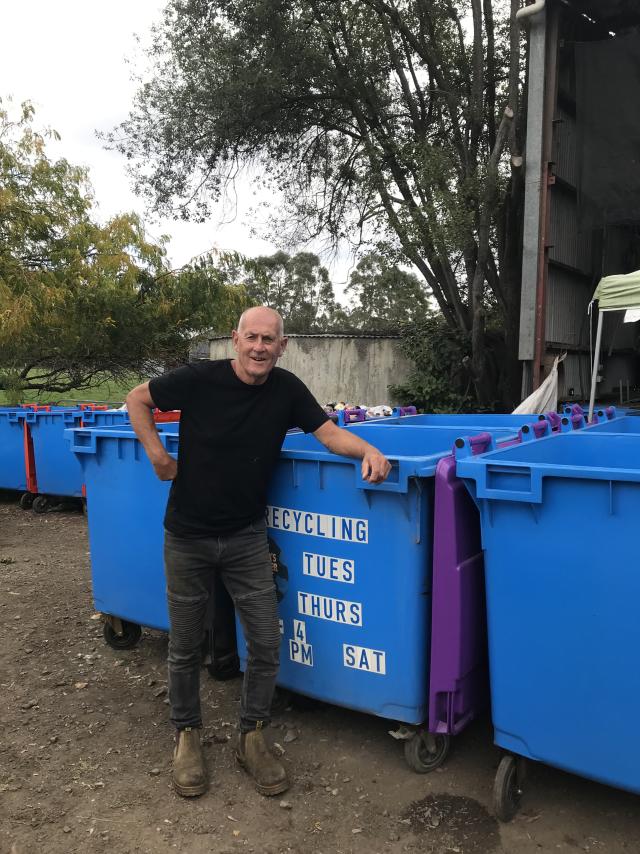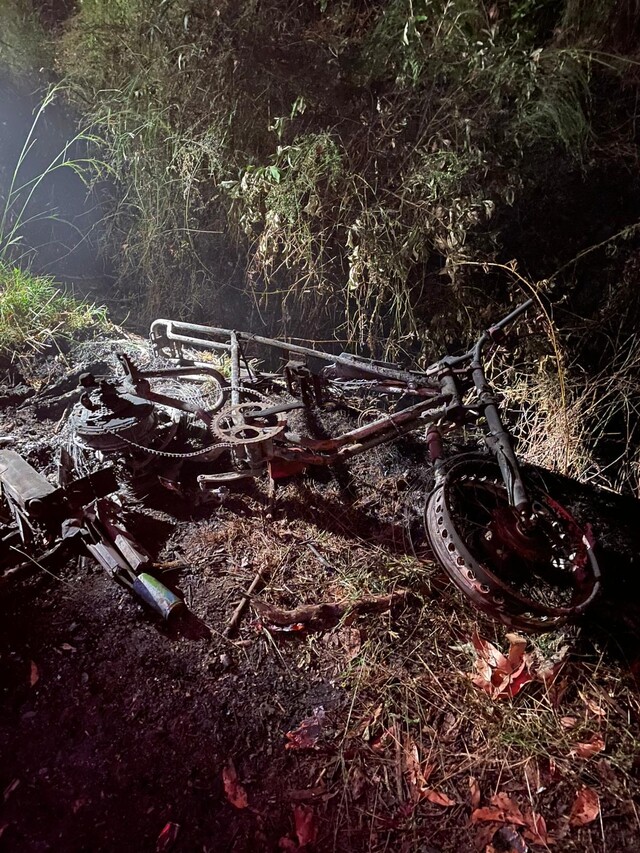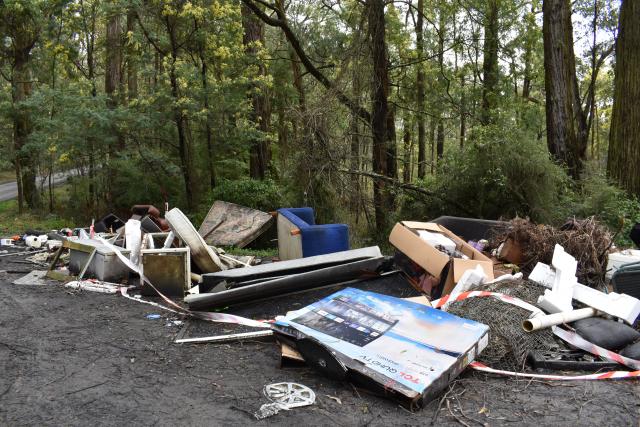Blackwater, by Melbourne-based author Jacqueline Ross, is a psychological thriller bordering horror story set in contemporary Tasmania. Specifically, it is situated in the Tasman Peninsula, with Port Arthur being the first European settlement there.
While the story is inspired by the peninsula’s dark past as a penal colony, it draws our attention to a relatively less explored part of this history – the convict women and the so-called “female factories”.
The story is perhaps influenced by Dephne du Maurier’s 1938 Gothic novel Rebecca – with a twist Here, the first-person narrator Grace, heavily pregnant, accompanies her husband King to visit his dying father. Also residing in the dilapidated and ominously named family home “Blackwater” is King’s eccentric twin sister Ruth.
Grace waits for King to put the property on the market after his father’s death, but stories of mysterious deaths and disappearances throughout the history of the house begin to emerge among the locals. Worse, King starts developing bizarre behavioural and psychological patterns. Even more frightening is Ruth’s increasing hostility towards Grace and her unborn child.
“A baby will never be born at Blackwater.” As Grace desperately tries to protect her baby, we cannot help but wonder whether the house is haunted.
The author does a fine job depicting the sad legacy of Tasmania’s “female factories”, making it reasonable to assume that, like radiation residues, all that misery and suffering would surely have some impact on the physical surroundings.
We are therefore reminded of classic Gothic/horror novels such as Henry James’s The Turn of the Screw, Shirley Jackson’s The Haunting of Hill House, Stephen King’s The Shining, and even Susan Hill’s The Woman in Black.
However, as described by novelist Charlotte Northedge via The Guardian, houses are such a central part of our lives, “to the extent that a new genre of domestic noir has emerged in the last decade, as writers explore fears around home ownership, family breakdown and marital disharmony”.
Northedge quotes horror author Joe Hill as saying: “Houses aren’t haunted – people are.” In Blackwater, Grace, already stressed by her pregnancy, finds herself trapped in an unknown and unwelcome house, surrounded by strangers. Not only does her unfamiliarity with her husband’s background contribute to her insecurity about their marriage, but her discovery of the plight of convict women in the area further exacerbate her fear for the safety of her baby.
With that said, fans of psychological thrillers with a hint of the supernatural will find this story highly enjoyable. Readers may also want to try the audiobook, which is superbly narrated by Arianwen Parkes Lockwood. The monotone voice of Ruth – and that scary little song she sings near the end of the story – is particularly chilling.
Indeed, there is something about first-person narratives in fiction that is surprisingly suited for audiobooks, as if we are listening to real people describing their adventures and experiencing their fears and doubts in real time. In this sense, thrillers seem to be a perfect genre for audiobook listeners.







